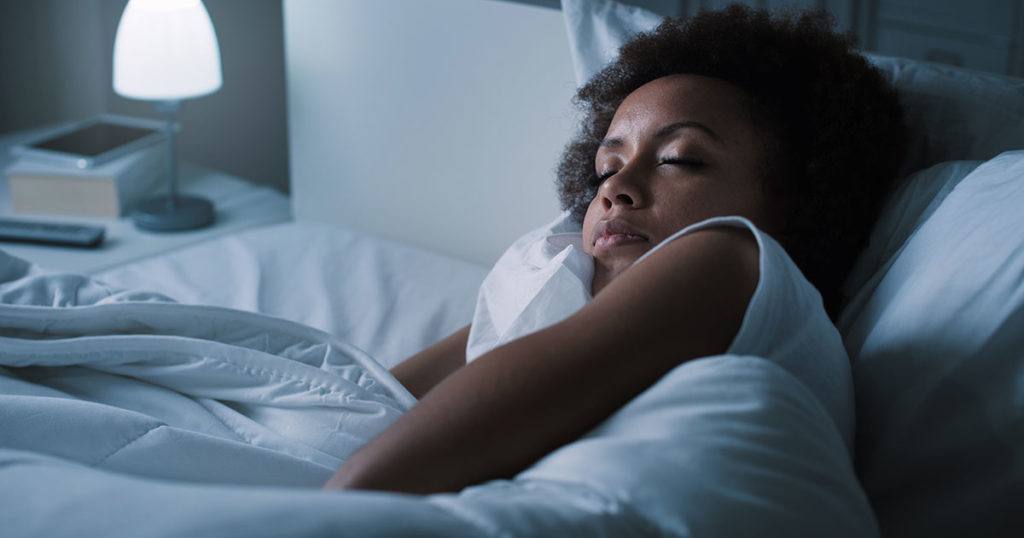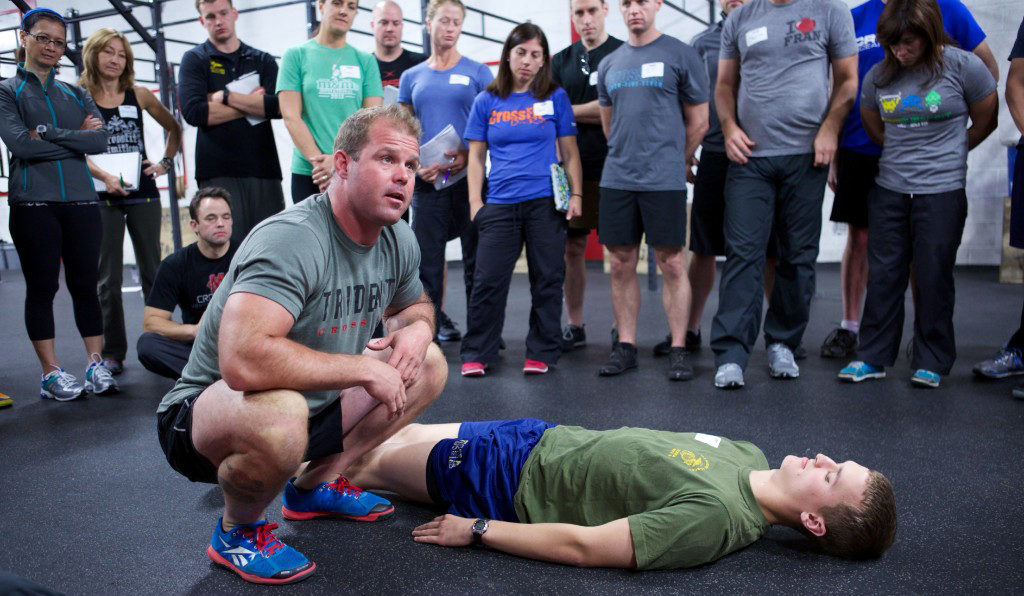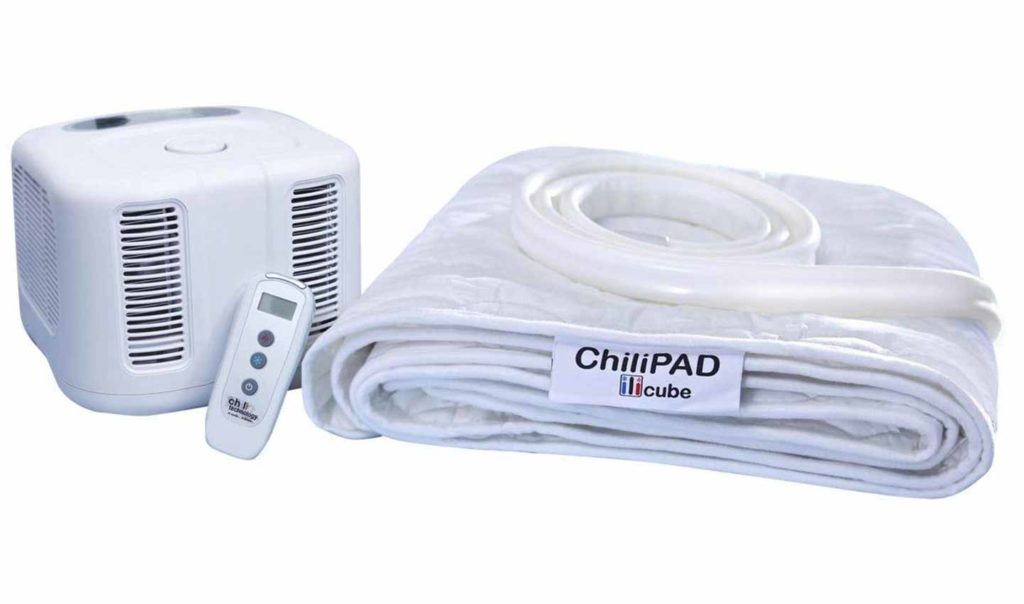Getting a good night’s sleep is crucial to a person’s health and wellbeing, but there are many other factors that can have a negative impact on this.
Quality sleep gives the body the opportunity to repair itself and ensures people can function properly the following day.
Sleep deprivation has many negative side effects including loss of memory, premature ageing, an increased risk of accidents, lower libido and more.
However, there are numerous tactics you can employ to help you optimise your sleep – read on to find out more.
No caffeine after 4.00pm
Research has shown that more than 85 percent of people in the United States consume caffeine regularly, with coffee being the most popular delivery vehicle.
Many experts believe that people should never drink coffee in the evening, as caffeine can disrupt your sleep up to six hours after consuming it.
Leading fitness guru, Kelly Starrett, recommends not drinking coffee after 4.00pm, while other experts suggest 2.00pm is a more sensible cut-off point.
Black tea, which has half the amount of caffeine of coffee, or green tea, which has around one third the amount, are suggested by some experts as alternatives.
However, drinking plenty of water during the day has been shown to have numerous health benefits and doesn’t pose any threat to your bedtime routine.
Limit alcohol consumption
Numerous studies have shown that alcohol does not improve sleep quality. It can allow healthy people to fall asleep quicker and sleep more deeply for a while, but it reduces rapid eye movement (REM) sleep.
Alcohol may seem to be helping you to sleep but overall it is more disruptive to getting quality rest, particularly in the second half of the night.
The short-term impact of alcohol is to reduce the time it takes to fall asleep, and this effect on the first half of sleep may be partly the reason some people with insomnia use alcohol as a sleep aid.
However, if you rely on alcohol to fall asleep you have a greater likelihood to sleepwalk, sleep talk, and have problems with your memory.
CBD oil is an excellent sleep enhancer, helping to reduce levels of anxiety and improving the quality and quantity of sleep during the night.
Establish a routine and stick to it
Having a personalised bedtime routine helps to create the perfect platform for getting a good night’s sleep.
Taking a warm bath, doing some gentle soft tissue exercises and reading are amongst a plethora of ways you can train your body that it is time to rest.
Once your routine is established, your body will start to become tired at the allotted time, making it far easier to fall asleep.
The amount of sleep people need can vary, with between 7-9 hours believed to be the magic number for most adults.
Know how much sleep you need to wake up refreshed and set a bedtime that suits your individual body clock. Avoid lying in at the weekend as this can disrupt your routine.
Create the perfect bedroom
People spend around a third of each day in bed, so it makes perfect sense to invest in products that make it a pleasant place to be.
Make sure you have a quality mattress, install soft lighting and decorate the room in soft and soothing colours.
Ensuring the temperature is comfortable in the bedroom will also help you enjoy a restful night’s sleep.
Adjust the thermostat and heaters in the room, open a window or use air conditioning to regulate the temperature in your bedroom.
The recommended bedroom temperature should be between 15 and 19 degrees centigrade for optimal sleep.
Don’t fear sleep technology
Technology is having a major impact on sleep, with a wide range of products and devices now available to help you get the most out of your resting hours.
For instance, cooling systems like the ChiliPad Cube regulate the temperature of your mattress and help you get a better night’s sleep.
Ebb Insomnia Therapy, Sleepion and the Nightly app are other products that have been designed to improve your sleep.
Smart sleep masks and wireless ear buds have also increased in popularity in recent times, further boosting the sleep technology industry.
Many major companies have moved into this area over the past few years and the trend looks set to continue for the foreseeable future.
Cherry juice could be the key to great sleep
Research has shown that adults with chronic insomnia found that drinking tart cherry juice had a beneficial effect on their sleep patterns.
Tart cherry juice is rich in procyanidins and anthocyanins, which have anti-inflammatory properties that can help with sleep.
The participants who drank the juice also showed lower levels of kynurenine in their blood, which has been linked to sleep deprivation in depressed patients.
Tart cherry juice also offers other benefits besides quality sleep, including better muscle recovery for athletes as well as reduced joint pain and inflammation for those living with osteoarthritis.
The cherries with high concentrations of melatonin – the hormone that controls your sleep cycle – are the tart or sour varieties, notably Montmorency, Richmond and English morello cherries.
Put the technology away
While sleep technologies are doing their bit to help people get a good night’s rest, other technologies are pulling in the opposite direction.
Studies have shown that the light from a mobile phone, laptop or tablet can interfere massively with the quality of sleep.
The blue light emitted by devices hinders the production of melatonin and makes it harder to fall and stay asleep.
It is advisable to make sure that you ditch your devices at least 30-minutes before going to bed and ideally leave them outside the bedroom.
Children’s sleep can suffer greatly by having technology in the bedroom, so set an example and make it a rule not to allow its use after a specific time.



Leave a Reply